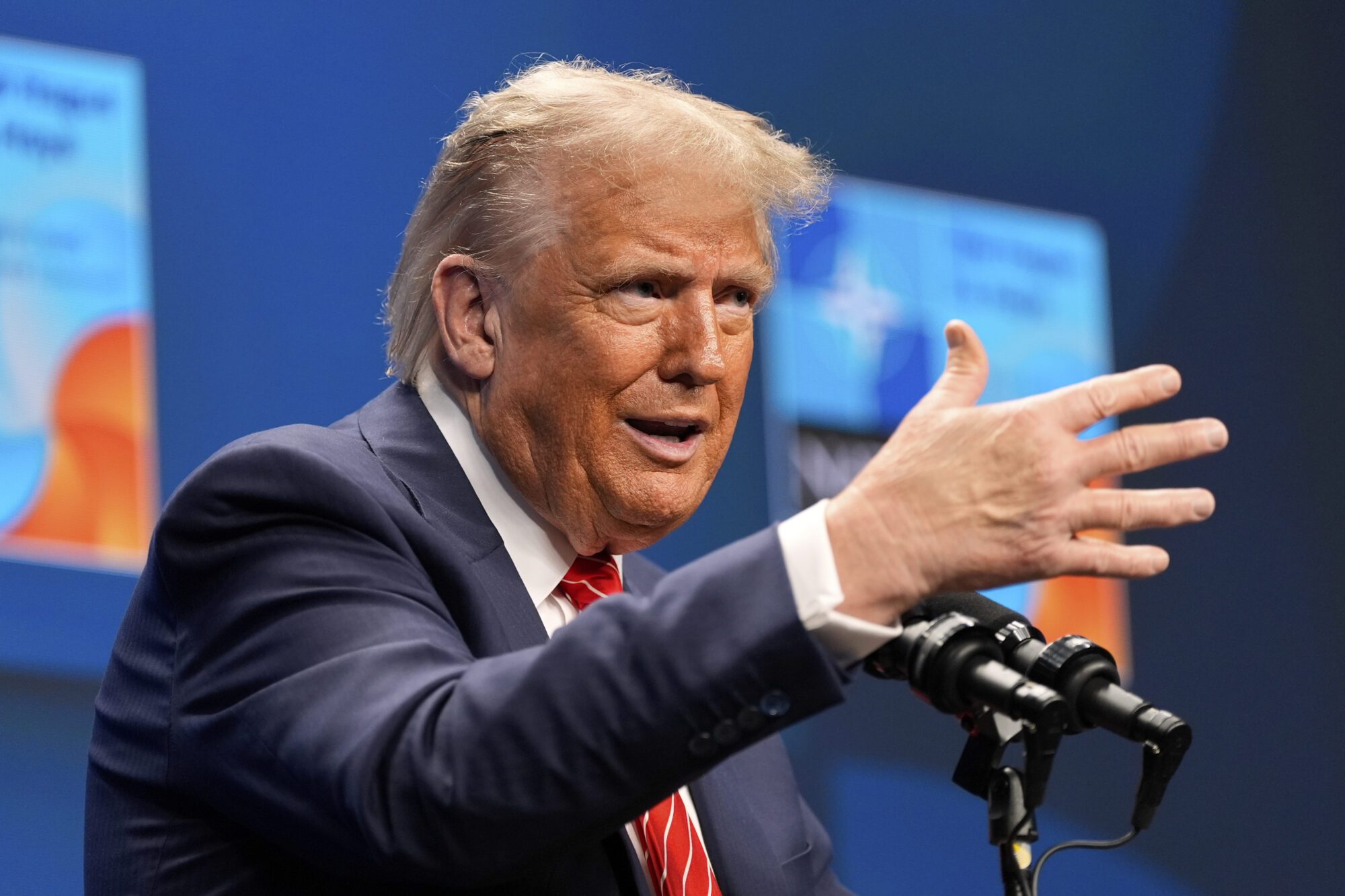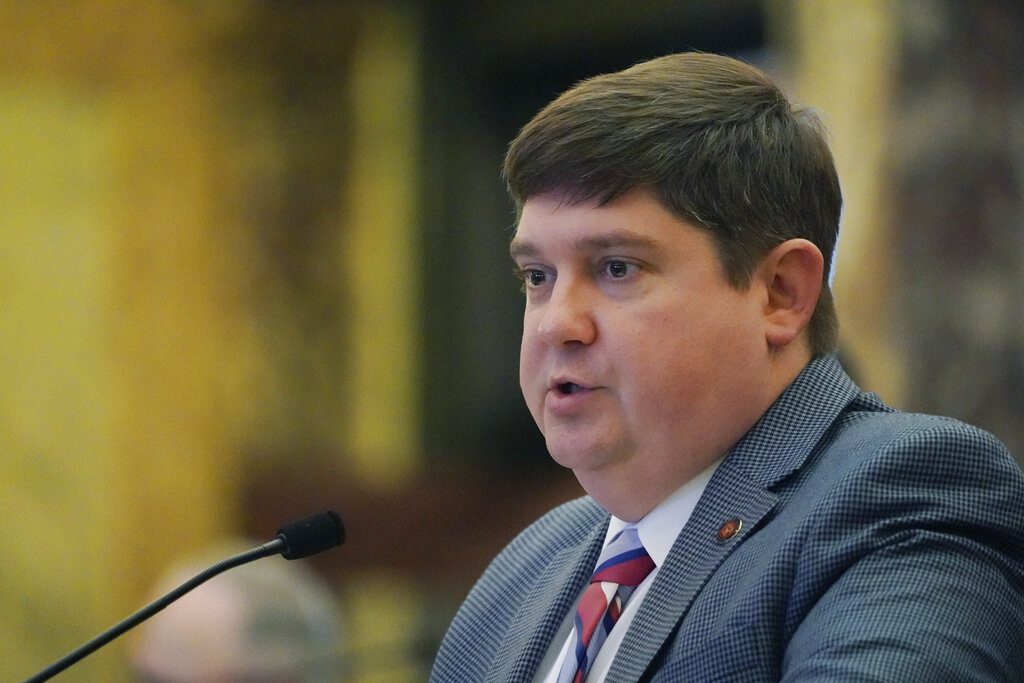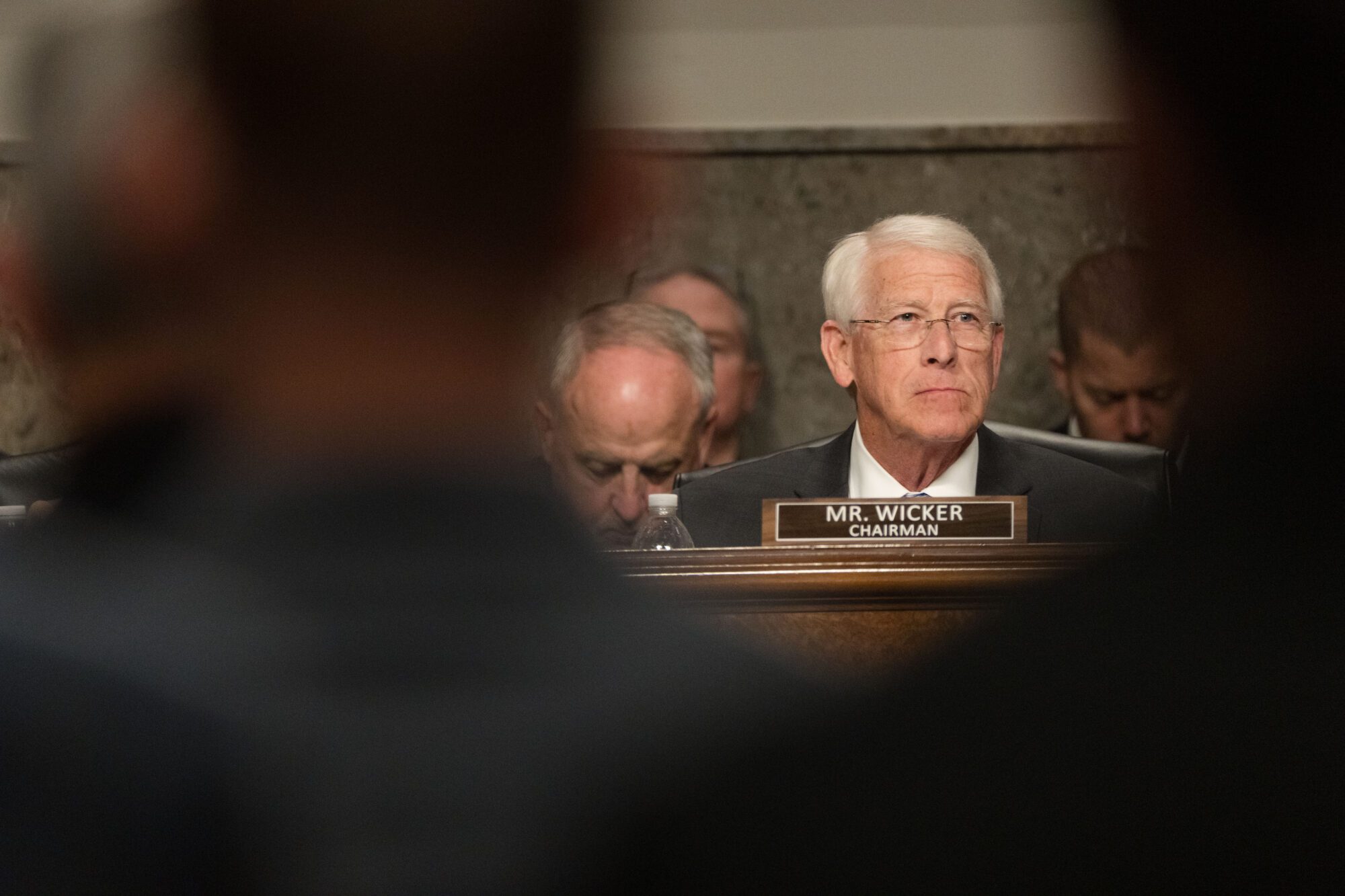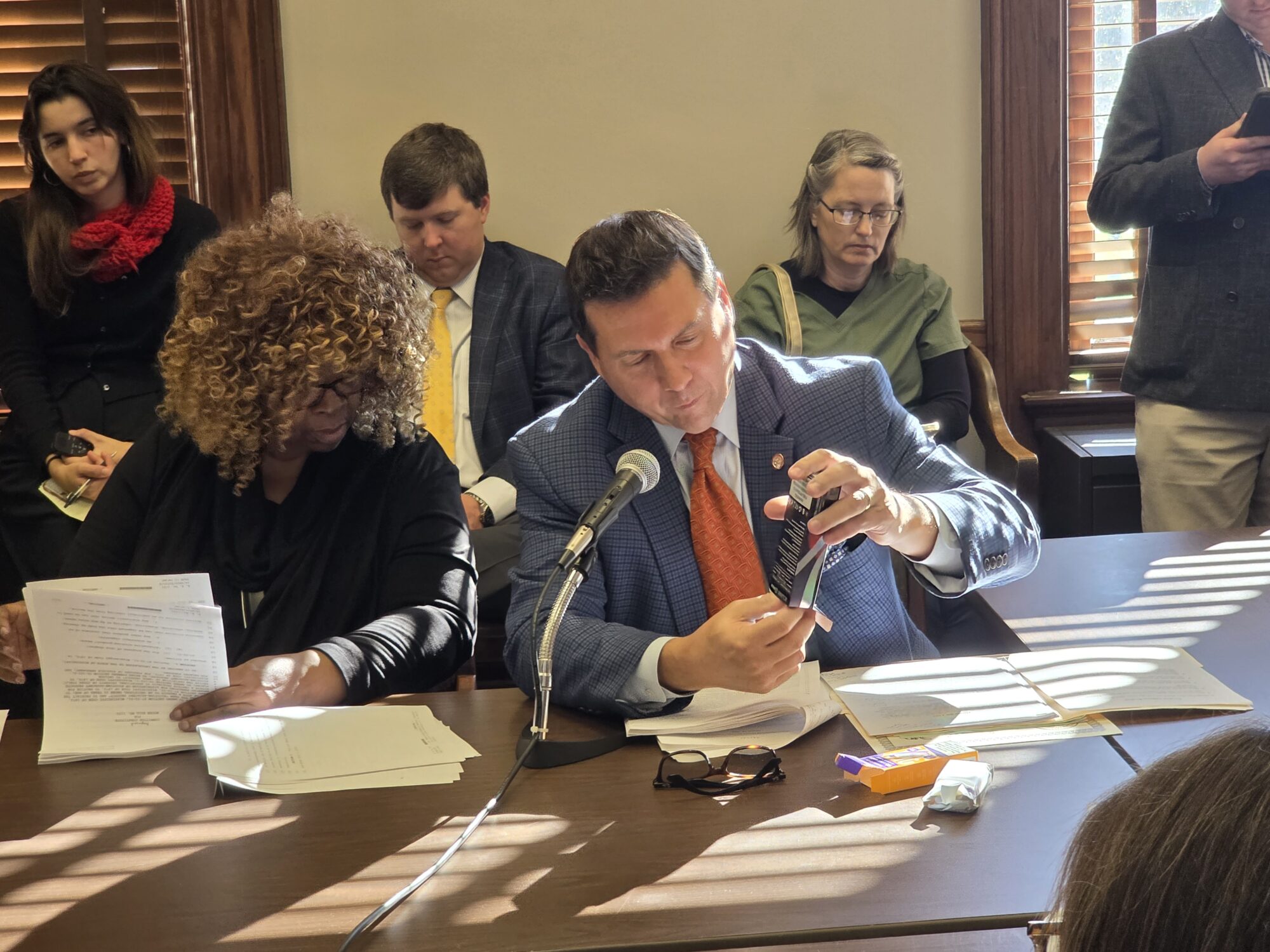
Mississippi Congressman (clockwise from top left) - Trent Kelly, Bennie Thompson, Mike Ezell and Michael Guest
The legislation not heads to the U.S. Senate where the process to move it to a floor vote has already begun.
The compromise legislation to raise the nation’s debt ceiling – H.R. 3746 – passed the U.S. House of Representatives Wednesday evening by a vote of 314-117 with 4 not voting.
READ MORE TO SEE WHAT’S IN THE BILL: Biden, McCarthy reach debt ceiling deal
In total, 71 Republicans and 46 Democrats voted against the bill that came before the chamber after weekslong negotiations between President Joe Biden’s White House and House Speaker Kevin McCarthy. Those voting against the bill were largely either considered to be on the far left or far right of their parties. The Progressive Caucus Democrats and the Freedom Caucus Republicans both expressed their unhappiness with the compromise.
President Biden said in a statement that neither side got everything it wanted in the agreement, yet it prevents a first-ever default.
“I want to thank Speaker McCarthy and his team for negotiating in good faith, as well as Leader Jeffries for his leadership,” Biden said.
The bill now heads to the U.S. Senate for consideration where it is expected to pass on a bipartisan vote. Both Democrat Senate Majority Leader Chuck Schumer and Republican Senate Minority Leader Mitch McConnell have urged their colleagues to support the legislation.
How Mississippi’s Congressmen voted
Three of the four Magnolia State Congressmen supported the legislation’s passage. They were Republicans Trent Kelly (MS-1) and Mike Ezell (MS-4) along with Democrat Bennie Thompson (MS-2).
Congressman Thompson announced his intention to support the legislation early in the day on Wednesday, saying after his review of the bill that it was “in the best interest of the American people.”
“I’ve seen the devastation caused by [government] shutdowns and know we can’t afford another one. The alternative to not support it will be detrimental to the 2nd Congressional District of Mississippi and the American people,” Thompson said in a statement. “This bipartisan agreement protects our veterans’ healthcare, critical services for children and families, as well as Medicaid, Medicare, and Social Security.”
Congressman Thompson said he was glad President Biden and Speaker McCarthy “set aside their partisan differences and worked together for the betterment of our country.”
“They both deserve to be congratulated,” Thompson said.
Freshman Congressman Ezell released a statement saying he was disappointed that the final deal fell short of the Limit, Save, Grow Act plan House Republicans passed over a month ago. That legislation would have taken a more hardline approach to the nation’s spending. But despite his reservations, Ezell said the compromise legislation was a start.
“There are few things I hate more than incomplete, short-term solutions to serious, long-term problems. However, the alternative to passing this legislation would be giving Joe Biden and Democrats a mandate to unconstitutionally raise the limit, increase our already out-of-control federal spending, and raise taxes on American families,” Congressman Ezell said in a statement. “This legislation keeps the radical left from spending our country into oblivion over the next two years and gives Republicans the power to pass a more permanent solution when we retake the White House and Senate.”
Ezell said there is still a long way to go to get America’s economy back on the path to fiscal responsibility, “but we have to start somewhere.”
“I voted to pass this legislation and continue fighting to lower our debt because we cannot allow the radical left to permanently devastate our economy,” Ezell concluded.
Congressman Michael Guest, a Republican representing the 3rd District, voted no.
“This evening, I voted against legislation to raise the debt ceiling. My decision to not support the legislation is not a criticism of Speaker McCarthy or his team who worked hard to force the President to negotiate and obtained some positive concessions,” Guest said in a statement. “I ultimately voted no because our nation is on an unsustainable path, and without additional concessions from the White House, the bill does not do enough to change the financial direction of our country.”











